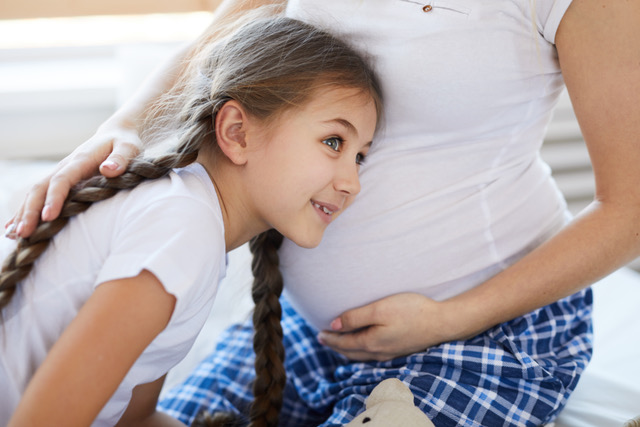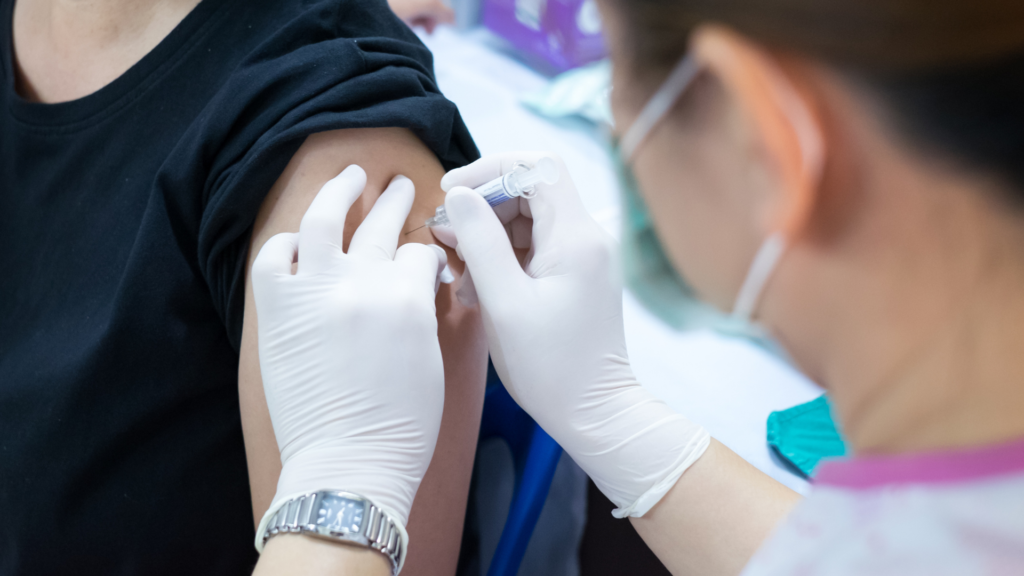Dear friends and neighbors,
Last week we announced a matching pair of $2.2 billion early action COVID-19 relief bills. I’m proud to be a cosponsor of the House bill, HB 1368; the companion bill is SB 5344. These bills, among the first to move through the legislative process this year, will immediately allocate federal dollars to COVID-19 response, including relief for renters and landlords, small businesses, schools, and childcare providers. We’ll also quickly invest hundreds of millions of dollars to fight COVID-19 head-on.
Specifically, the bill includes:
- $714 million in direct assistance for K-12 schools
- $618 million for vaccine administration, contact tracing, and testing
- $325 million for rental assistance for direct rent and utility payments
- $240 million in small business grants
- $50 million in grants and incentives for childcare providers
- $31 million for additional food assistance
- $70 million for immigrant relief assistance
I want to emphasize that this major investment involves federal money and will be in addition to whatever resources are featured in the biennial state budget that we are working on now. The early action COVID-19 relief legislation combines funds from the CARES Act and Medicaid. It’s our top priority to get relief out to people here in Washington who have been hurt by the COVID-19 pandemic. This legislation is being fast-tracked through both chambers this week, and the House could vote on HB 1368 as early as Friday.
Helping kids and parents
You might recall that I chair the state’s Children and Youth Behavioral Work Group. This bipartisan team includes lawmakers, representatives from state agencies and behavioral health organizations, parents, pediatricians and, of course, young people. The task force met throughout the year and produced a report that made recommendations to the Legislature from each of our advisory groups:
- Pre-natal-to-age-five relational health
- Workforce and rates
- Student behavioral health and suicide prevention
- Youth and young adult continuum of care
 We address all these areas in my bill, HB 1325, which had a public hearing earlier today in the House Children, Youth & Families Committee. This bill, cosponsored by both Democrats and Republicans, establishes a partnership access line for pregnant and post-partum women; teens, and younger children; and primary care providers with questions about behavioral health care. The resources exist. The need is clearly there. The goal of our bill is to make it easy to connect those in need of behavioral health care and supports with someone who can help. I’m feeling good about its chances of being signed into law by Gov. Inslee and improving countless young lives.
We address all these areas in my bill, HB 1325, which had a public hearing earlier today in the House Children, Youth & Families Committee. This bill, cosponsored by both Democrats and Republicans, establishes a partnership access line for pregnant and post-partum women; teens, and younger children; and primary care providers with questions about behavioral health care. The resources exist. The need is clearly there. The goal of our bill is to make it easy to connect those in need of behavioral health care and supports with someone who can help. I’m feeling good about its chances of being signed into law by Gov. Inslee and improving countless young lives.
Education for our most at-risk youth
School-aged youth who are in or recently released from institutional facilities are at a crucial point in their lives. The difference between a young person who has made a mistake but goes on to lead a productive life, and one who ends up back in the juvenile system, will often be education. I’ve introduced another bill, HB 1295, that is designed to increase the quality of, and ease of access to, the education resources that exist for young people during this pivotal period of their lives.
 HB 1295 has attracted cosponsors from both parties and every point along the political spectrum., It works by bringing together all the entities that have a hand in educating institutionalized youth – the Office of the Superintendent of Public Instruction, the Department of Children, Youth, and Families, the State Board of Education, and educational service districts and the local school districts they serve. It calls on each of them to improve education access and delivery, student supports, data collection and reporting, and facility policies. We had a hearing on the bill last Friday, and I expect it to be approved by the House Education Committee soon.
HB 1295 has attracted cosponsors from both parties and every point along the political spectrum., It works by bringing together all the entities that have a hand in educating institutionalized youth – the Office of the Superintendent of Public Instruction, the Department of Children, Youth, and Families, the State Board of Education, and educational service districts and the local school districts they serve. It calls on each of them to improve education access and delivery, student supports, data collection and reporting, and facility policies. We had a hearing on the bill last Friday, and I expect it to be approved by the House Education Committee soon.
COVID-19 Update from the Health Department
Last week House Democrats had an hour-long conversation with our new Secretary of Health, Dr. Umair Shah. The good news is that vaccines are getting out to the people in Washington most in need as quickly as they’re coming in. Data collection is slower than we wish, but we are confident that the partners we have are getting about 15,000 vaccinations done per day. We need to get much faster than that in the next month, and there are good plans to keep ramping up to our target of 45,000 vaccinations per day.
 If you’re unsure about when you will qualify for the vaccine and how to get vaccinated if you are eligible, you can use the Department of Health’s Phase Finder Tool. After you answer a set of simple questions, the tool will let you know if you are eligible for the vaccine. If you are not yet eligible, you can sign up to be texted or emailed when you are eligible.
If you’re unsure about when you will qualify for the vaccine and how to get vaccinated if you are eligible, you can use the Department of Health’s Phase Finder Tool. After you answer a set of simple questions, the tool will let you know if you are eligible for the vaccine. If you are not yet eligible, you can sign up to be texted or emailed when you are eligible.
We’ve been asked to suggest that people not call healthcare providers to ask about the COVID-19 vaccine. Hospitals and clinics are overwhelmed by the volume of these calls right now. For more information on the vaccine, you can visit https://www.doh.wa.gov/Emergencies/COVID19/Vaccine.
